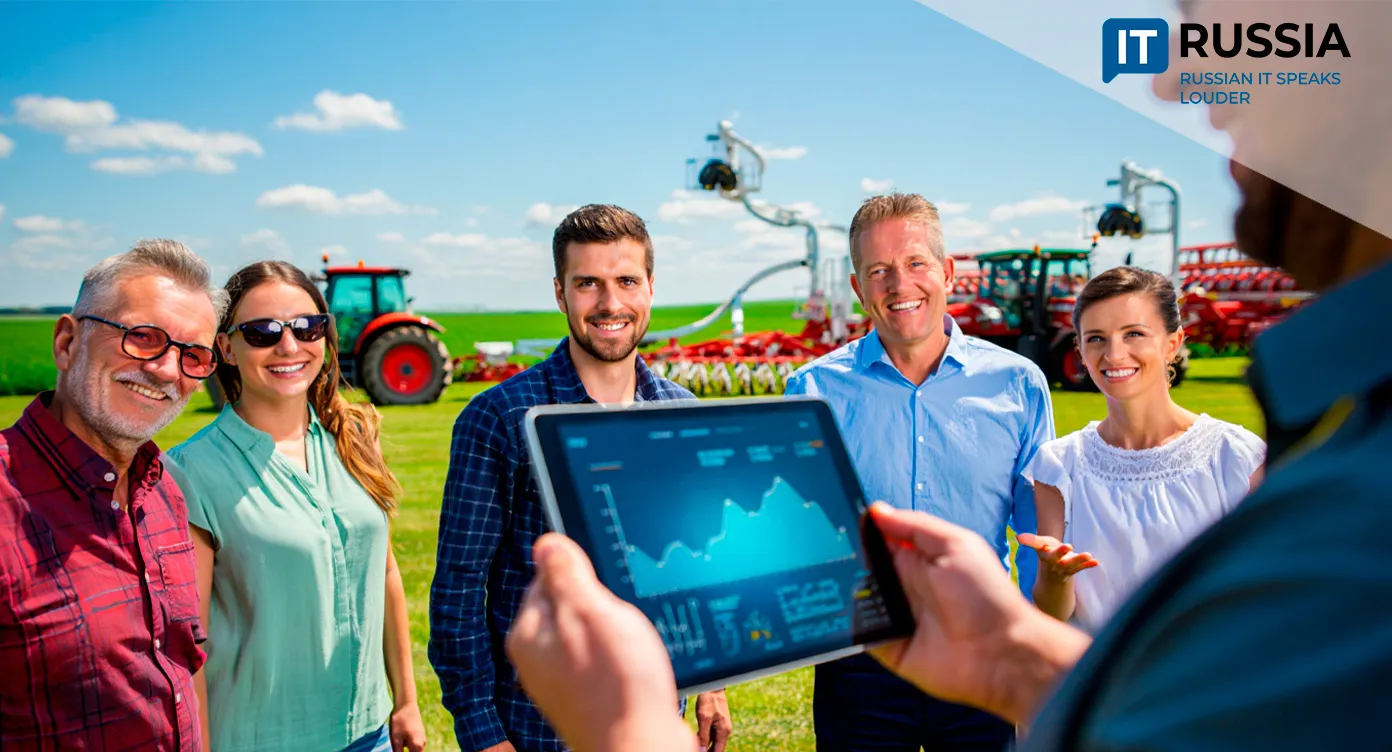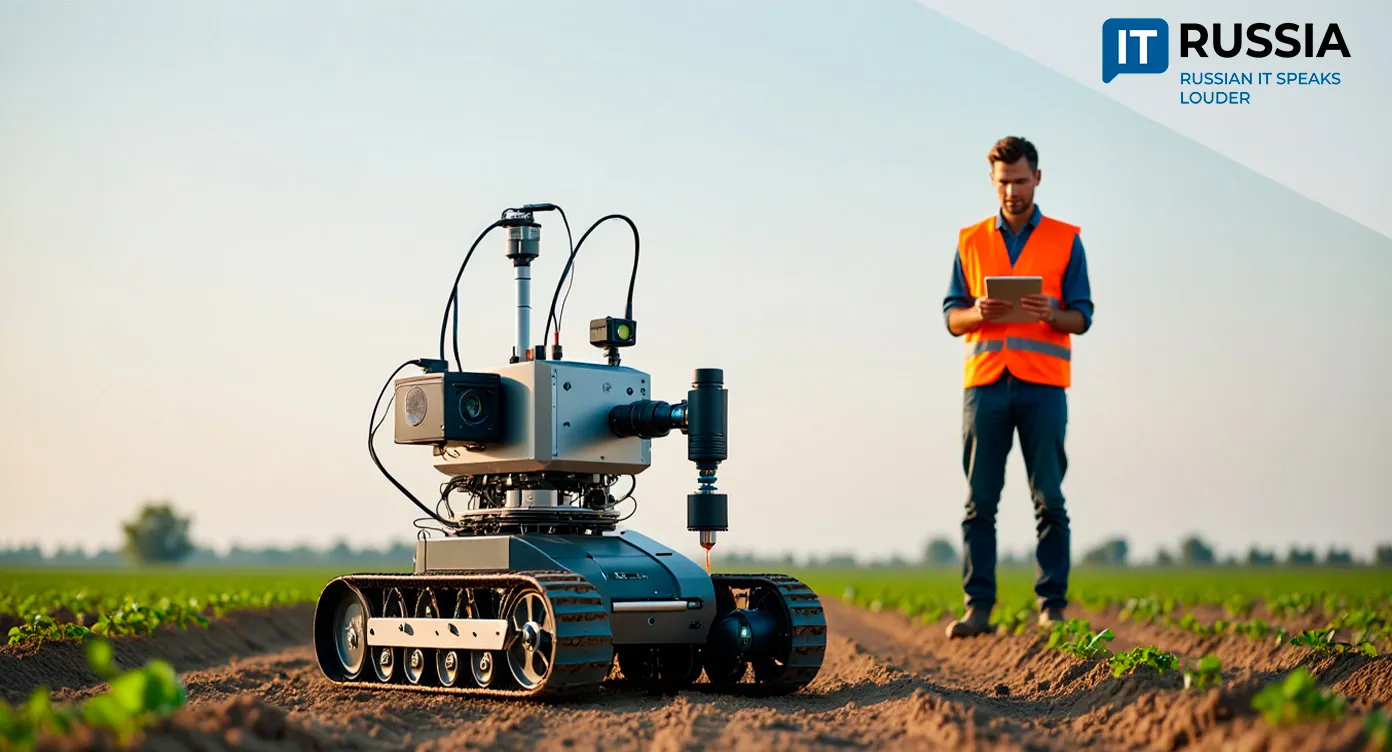Diagnosing the Fields: A Dataset to Support Agronomists
Researchers at the Buryat State Agricultural Academy are building a dataset to train neural networks that will automate crop monitoring for wheat and cabbage fields.
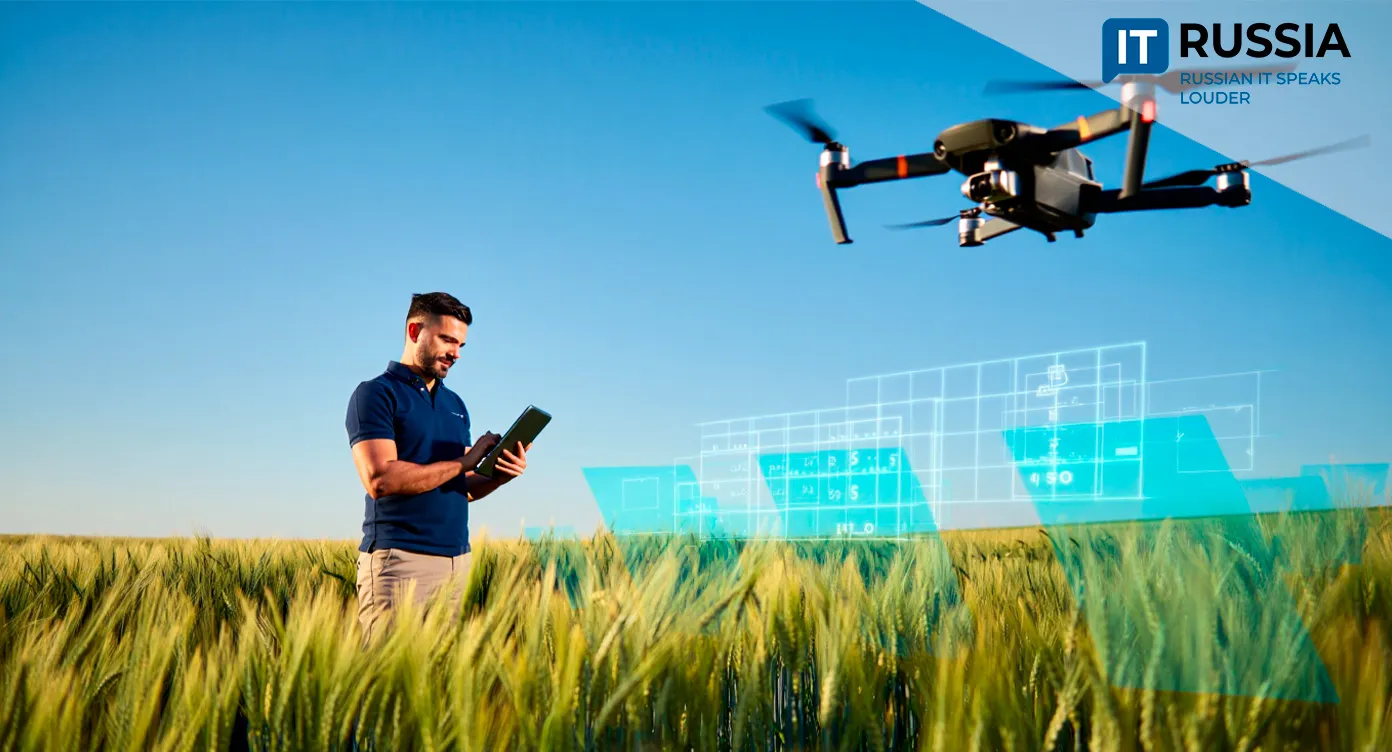
Building the Dataset
Until recently, agronomists had to physically inspect fields, conduct visual assessments of seedlings, and run complex mathematical calculations to understand plant health and predict yields. Despite this, results were often far from accurate. Digital technologies and artificial intelligence now offer more precise forecasting methods for agriculture.
Researchers at the Buryat State Agricultural Academy (BSAA) are working on datasets for automated crop monitoring. These datasets will train neural networks capable of analyzing field images and assessing crop conditions in real time — an essential tool for predicting yields. The current phase of the project focuses on spring wheat and white cabbage.
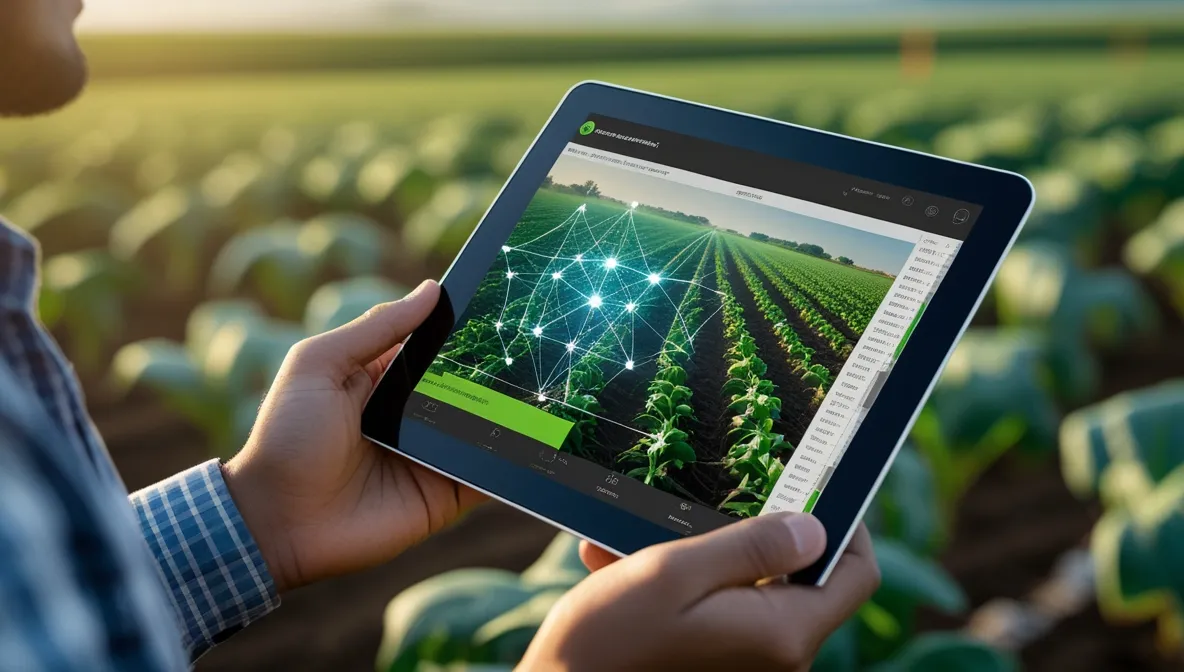
Dataset creation is a labor-intensive process. High-resolution images are taken in the fields using drones and other imaging tools. Students label each photo, marking crops, weeds, disease symptoms, and pest presence. Growth phases of crops, weeds, and pathogens are also documented. The labeled images are then validated by experienced agronomists, ensuring accuracy above 95%.
These datasets will serve as training material for neural networks, making the effort worthwhile in the long run.
High-Tech Agriculture
The dataset is expected to be finished by 2030 and will include at least 5,000 images covering all growth stages and field conditions. The trained neural networks will be integrated into a digital platform called “Agrika,” enabling farmers to monitor fields in real time and receive recommendations for improving productivity.
The project is part of the strategic initiative “BaikalBioPharm 2036: Agro-Biotechnologies of the Future” under Russia’s federal academic leadership program “Priority-2030.” Industry partners include Rosselkhozcenter, Inno-Agro, Agrofirm Poisk, and the EFKO Group — all contributing to the future of Russia’s agricultural sector.
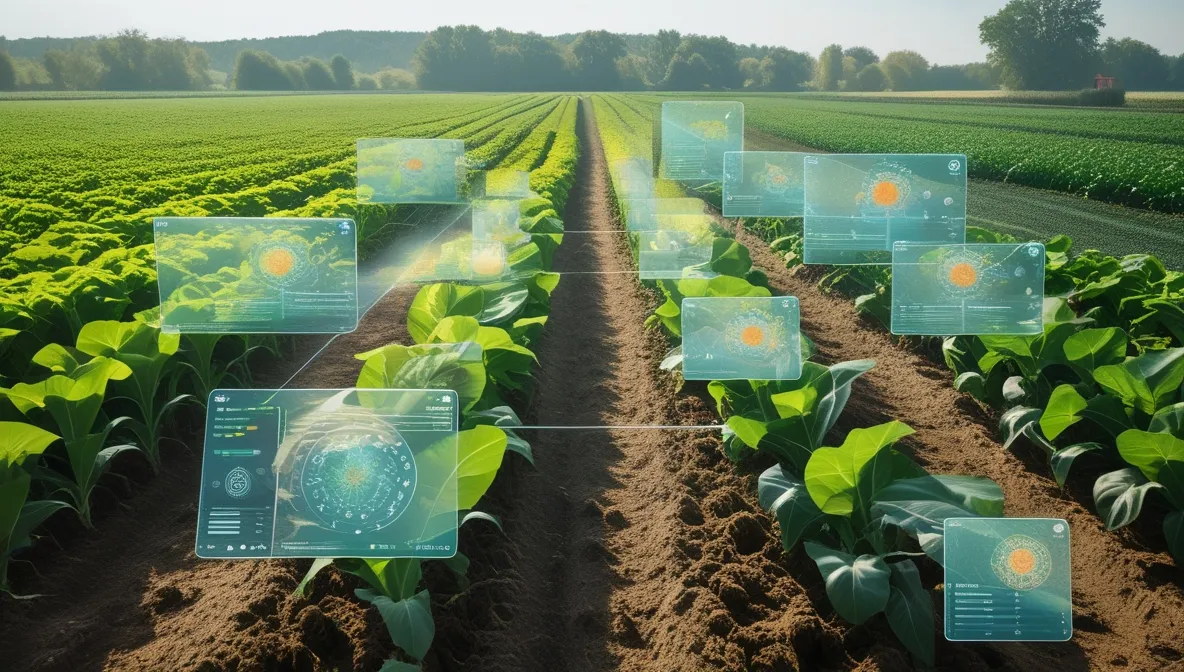
Yield Growth and Export Potential
Once deployed, the neural networks and Agrika platform will allow Russian farmers to detect field problems early, reducing losses. Diseases such as alternariosis, late blight, and fusarium wilt destroy 25–50% of cabbage yields on average, while rust pathogens can cut wheat yields by 50–60%.
With timely intervention, farmers can significantly boost food output and improve business efficiency. The new AI tools will accelerate agricultural digitalization and support the transition toward precision farming. In the future, Agrika can be integrated into ERP platforms used by large agricultural holdings to enhance management efficiency.
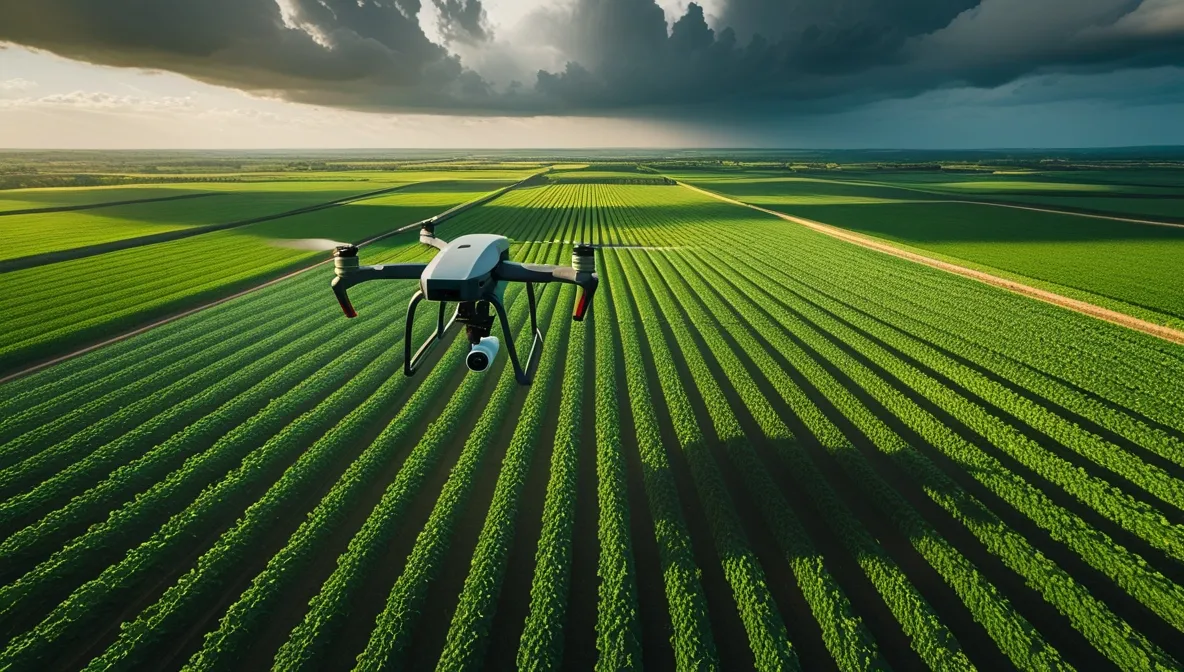
After large-scale deployment in Russia, the AI-based monitoring technology could enter export markets — especially in countries with developing agricultural sectors where modern field diagnostics are in demand.



















